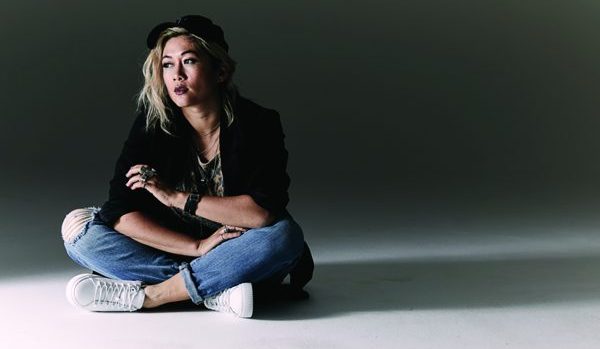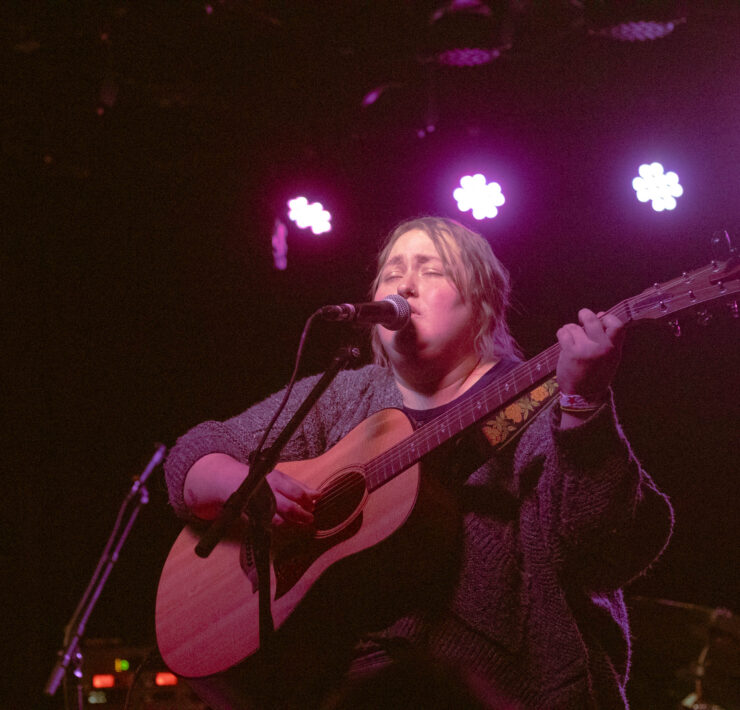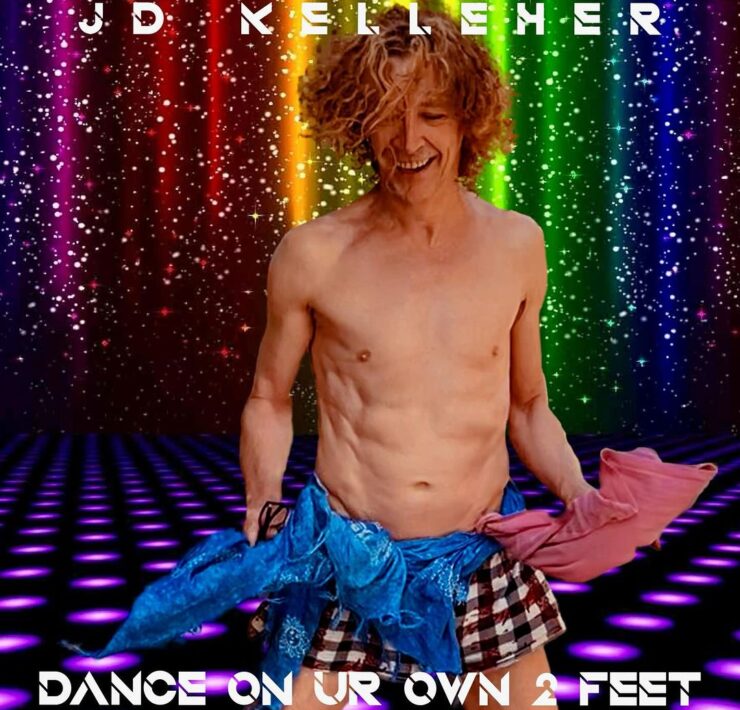Milck Talks Music, Activism, and #MeToo

I am a vessel in a lot of senses and the art I create is bigger than me.”–Milck
Based in Los Angeles, Milck, a pop artist, does not stray away from activism. Her sound centers around soft piano with empowering lyrics that touch on some of the most prominent social issues making their way around social media. Calling herself an introvert, Milck has found her voice based on the songs she creates.
“Milck is the manifestation of my inner voice,” she told OUT FRONT. “I remember even from being a very young woman, I always felt suffocated, but I didn’t have the tools or the bravery to speak out for myself. I thought if that was possible that would mean I would get hurt or in trouble, so I created Milck.”
Getting told as a child in a traditional Chinese-American home to sit still and be quiet simulated a sense of asphyxiation in her forms of expression. Suppressing her voice only led her to fantasize about what could be said. The birth of Milck began from diminuendo, but it led to a large crescendo.
“Milck is an outward manifestation of those things I need to be in order to protect myself and feel like a strong woman.”
However, despite her desire to be heard, Milck describes herself as an accidental activist.
In her latest music video for her song “Quiet,” she highlights the issues of sexual abuse and the mistreatment of the trans community. Her experience with sexual abuse drives her to discuss social injustices in her music. The importance of inclusivity is displayed in the goal of Milck’s work. She uses her platform as a way to communicate and bring light to the issues she thinks are important.
Milck was a part of the #MeToo movement. She described the #MeToo movement as “helping to dispel that sense of isolation and to create a sense of togethernes, which is what the Women’s March also did for a lot of people too.”
The majority of Milck’s music sends out a message of improving one’s self confidence, and loving the skin you are in.
Not only does her music promote self-reliance, it expresses Milck’s own battle between revealing her vulnerable side and voicing her powerful side. Her pop sound encapsulates raw moments that are seen as a rarity in the industry.
We chatted with Milck about music, activism, and the future. Check it out!

How would you describe your sound?
I’m not a loud person but I use my personal, introverted tools to protect myself and speak, so there are moments of swelling and crescendos with the music but there are also really vulnerable and naked moments with the music because that’s how I am—that’s how a lot of people are.
We have these strong sides and then we have really vulnerable sides to ourselves. I think exposing both sides is important, especially during this time when there is a lot of machismo, ego, abuse of power going on in our society.
What are some issues you are focusing on through your work currently?
There’s this thing called the Bechdel Test for film. The Bechdel Test is basically a list of requirements for a movie, some of them being like if there’s a scene with two women talking to each other they need to talk about something other than a man, so you can check off requirements and if it passes the Bechdel Test it is progressive and expanding on the narrative of what a woman can be. One of my friends that is into film and she was listening to my music said, “Your music passes the Bechdel Test.”
I don’t have a lot of songs about love with a significant other. It’s more like love of yourself and the journey of becoming your own hero. I find myself writing a lot about family and forgiveness, and also just coming out, coming out of hiding, and breaking that sheet of silence; that’s a pretty big theme for my music. I’ve always liked hip hop music that has themes of perseverance, that struggle, that fight, and I’m like the opposite of what a rapper is, but those themes do come through in my music.
Do you feel more artists in the music scene should use their platform as a voice to promote a better society?
I see myself as someone who believes that we can be better and really cares, and so naturally in this time of chaos, I’m becoming an activist, and especially with the song “Quiet.”
I was using the term “accidental activist” at first because I remembered standing at the Women’s March and thinking to myself, “Yeah I want to be an activist.” But, I had so much to learn, and then as the song went viral and all these organizations started reaching out to me, all the activities have taught me what it means to dedicate our life to making society better.
I’m learning as I go, and I think it’s in my blood just because I care. I tend to be an optimist because I’m not discouraged and I want to keep going. I think artists’ jobs are to be completely honest and the people who naturally want to be part of the change will become activists and use their platform. I naturally gravitate towards artists who do something good, but my job as an artist isn’t to convince people of my political views. I am a vessel in a lot of senses and the art I create is bigger than me. I do my best to create the most timeless music I can and people are going to do with the music what they will. What people have done with my song is used it as a tool for activism.
If people want to use it as a tool for self-healing and not activism that is just as beautiful, because that was the intent of the song for me originally.
How do you feel the #MeToo campaign impacted women and people who have dealt with sexual assault? Why did you feel it was important to support?
I think the #MeToo movement is helping to dispel that sense of isolation and to create a sense of togetherness, which is what the Women’s March also did for a lot of people. The #MeToo movement, I think, is a very symbolic event because what it is is calling people out who are abusing their power to abuse others. And it’s in the sexual realm, like sexual assault, sexual abuse.
There are so many different types of abuses of power all over our world and this is the first step, because once we can confront the most personal assault, which is sexual assault, we can bring that bravery and help people to figure out how to better battle political abuses of power, economic abuses of power, and help cleanse society. I think being a part of this movement is an honor because for the first time I am seeing women rise fearlessly about something that is a poison in our society, and addressing this will be the beginning.










